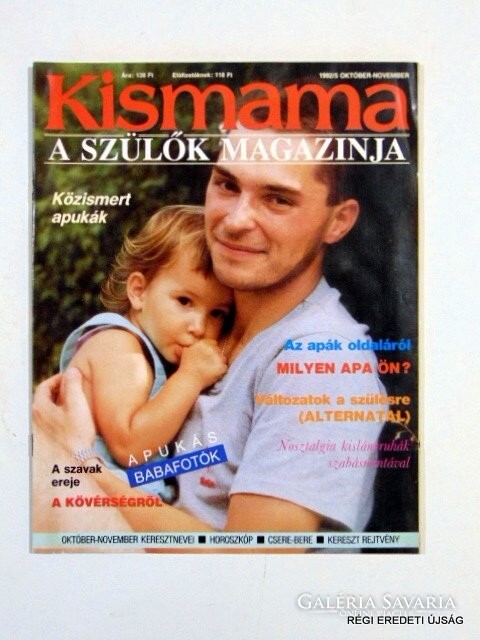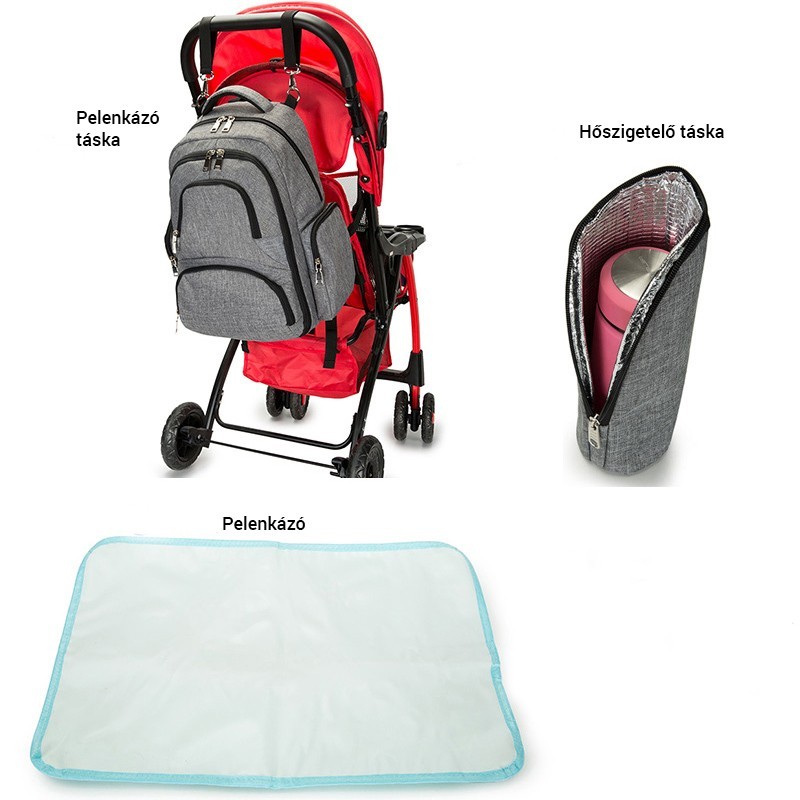
1992 május / KISMAMA / RÉGI EREDETI MAGYAR ÚJSÁG Szs.: 1722 - Gyűjtemény | Galéria Savaria online piactér - Vásároljon vagy hirdessen megbízható, színvonalas felületen!

Desigual táska - Gardrób | Galéria Savaria online piactér - Vásároljon vagy hirdessen megbízható, színvonalas felületen!

























